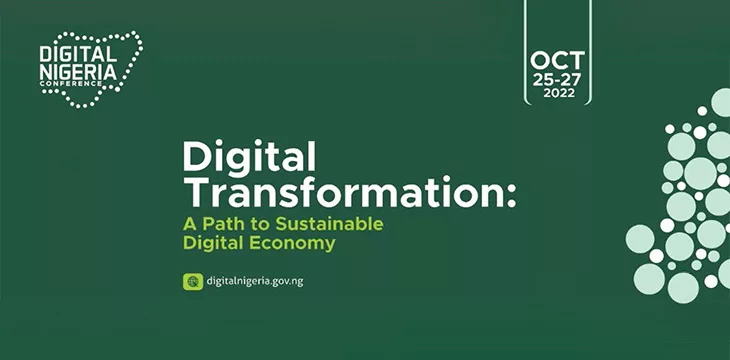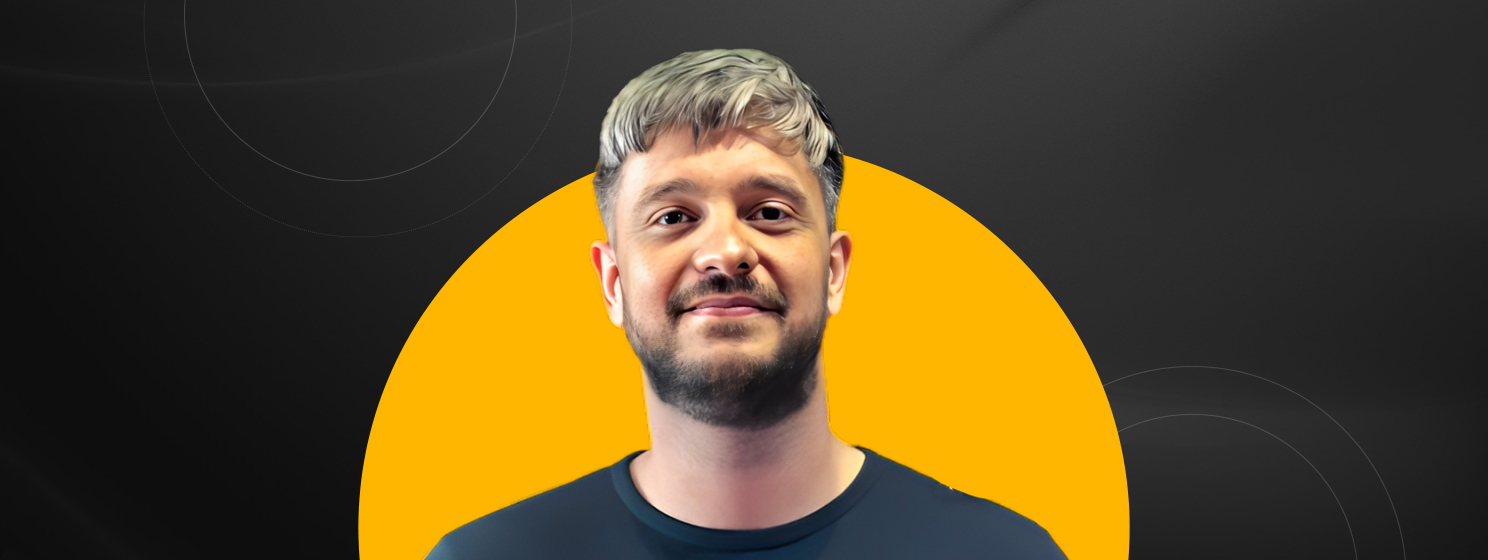
|
Getting your Trinity Audio player ready... |
“Digital Nigeria is an event you don’t want to miss,” says Apollo Eric. In an interview with CoinGeek, the Bitlipa founder talked about what to expect at the upcoming event, how his startup is transforming cross-border payments in Africa, the Worldcoin saga, and more.
An avid equities, stocks, and commodities trader, Eric first heard about Bitcoin over a decade ago. “As a trader, you must constantly research and find what’s moving the markets,” he says.
For him, it was digital assets, and after reading Satoshi Nakamoto’s white paper, he was hooked. He then set out to build a solution that leverages digital assets to ease cross-border transfers, and Bitlipa was born.
The company has evolved over the years from a simple funds transfer platform to an ecosystem that offers multiple and diverse financial services, including an over-the-counter desk, digital asset wallet, trading services, and more. It operates in over a dozen African countries, including South Africa, Ghana, Kenya, Uganda, and Egypt, with plans to expand to other key markets in the near future.
Eric is one of the speakers at the upcoming Digital Nigeria International Conference, which kicks off on October 24 (register for free here). He’ll deliver a keynote address on blockchain disruption trends and the creation of a new industry. He’ll also be part of a panel discussion on how regulations will shape the industry.
Get ready to showcase your brand at the Digital Nigeria International Conference from October 24th to 26th, 2023, at ICC Abuja.
Don't miss this excellent opportunity to connect with industry peers and global tech experts.
Visit https://t.co/DOAxqTbwGs for more details!… pic.twitter.com/Zlu4aqd06m
— NITDA Nigeria (@NITDANigeria) October 8, 2023
“The conversations we’ll be having are relevant to the industry, from regulations to cybersecurity and business development. All this is pertinent to what we’re trying to build as a continent. It’s also a great networking opportunity with all the people making a difference in the blockchain industry,” he stated.
Digital Nigeria is organized by the National Information Technology Development Agency (NITDA). Under the stewardship of Director General Kashifu Inuwa Abdullahi, the agency has been pushing for the adoption of blockchain in the public and private sectors. In August, Kashifu announced that he’d teamed up with the country’s National Youth Service Corps to issue certificates on the blockchain. NITDA has also partnered with Domineum Blockchain Solutions to train over 30,000 on blockchain and with nChain to train half a million more.
Kashifu’s push for blockchain adoption could be a key reason Nigeria leaps ahead of its peers in Africa, says Eric. While NITDA makes blockchain central to its digitalization efforts, regulators in Kenya, South Africa, Egypt, Ghana, and other key markets have lagged behind.
“I laud the Nigerian government for taking the initiative with blockchain. They are training individuals and implementing blockchain in their operations. It’s a step in the right direction,” he stated.
However, entrepreneurs should not be held back by geographical barriers, he says. If the laws are limiting in your home country, move your business to another jurisdiction. It’s a global village, after all, he quipped.
‘Worldcoin was a net win for Kenya’s digital asset industry’
Kenya has grabbed global headlines with its crackdown on Worldcoin, the controversial iris-scanning digital asset project founded by OpenAI’s Sam Altman. The project was met with unanimous disapproval by Kenyan legislators and has been banned in the East African country.
For all the backlash Worldcoin has received in Kenya, Eric believes it’s a net positive for the industry.
“Worldcoin has brought everything to the fore because now people are discussing digital assets and doing more research. That exposure will go a long way…publicity can be positive or negative; we’ll just have to figure out a way of making it work for us,” he stated.
CoinGeek Conversations with Gbemi Akande: Micropayments are a big deal in Africa

 11-22-2024
11-22-2024


